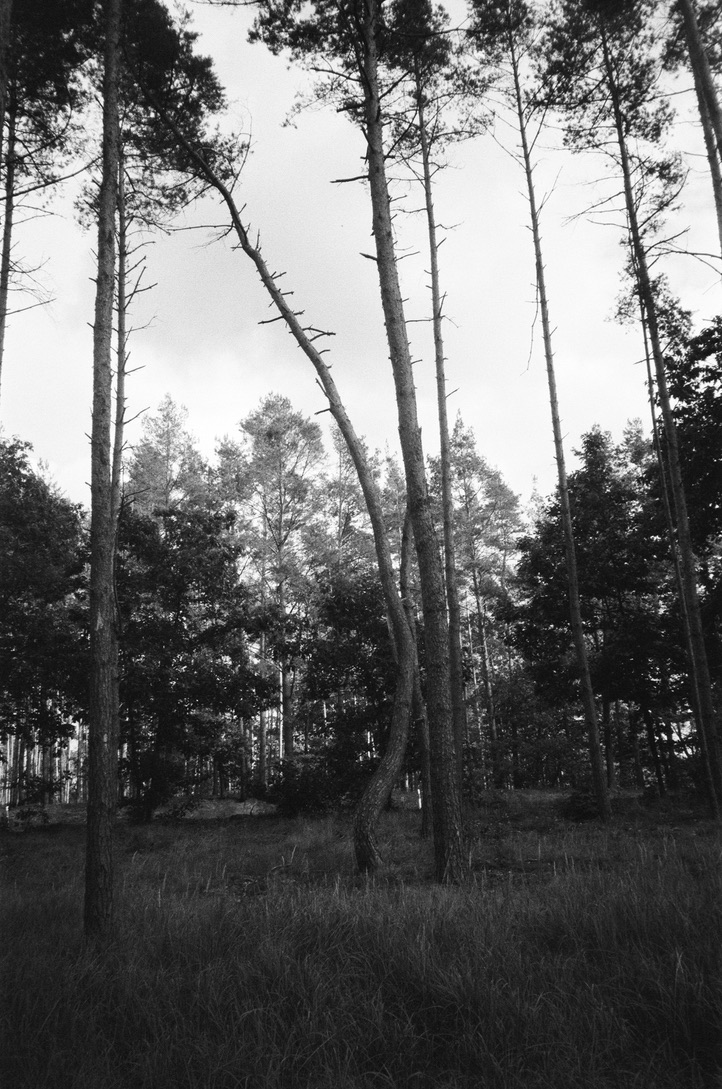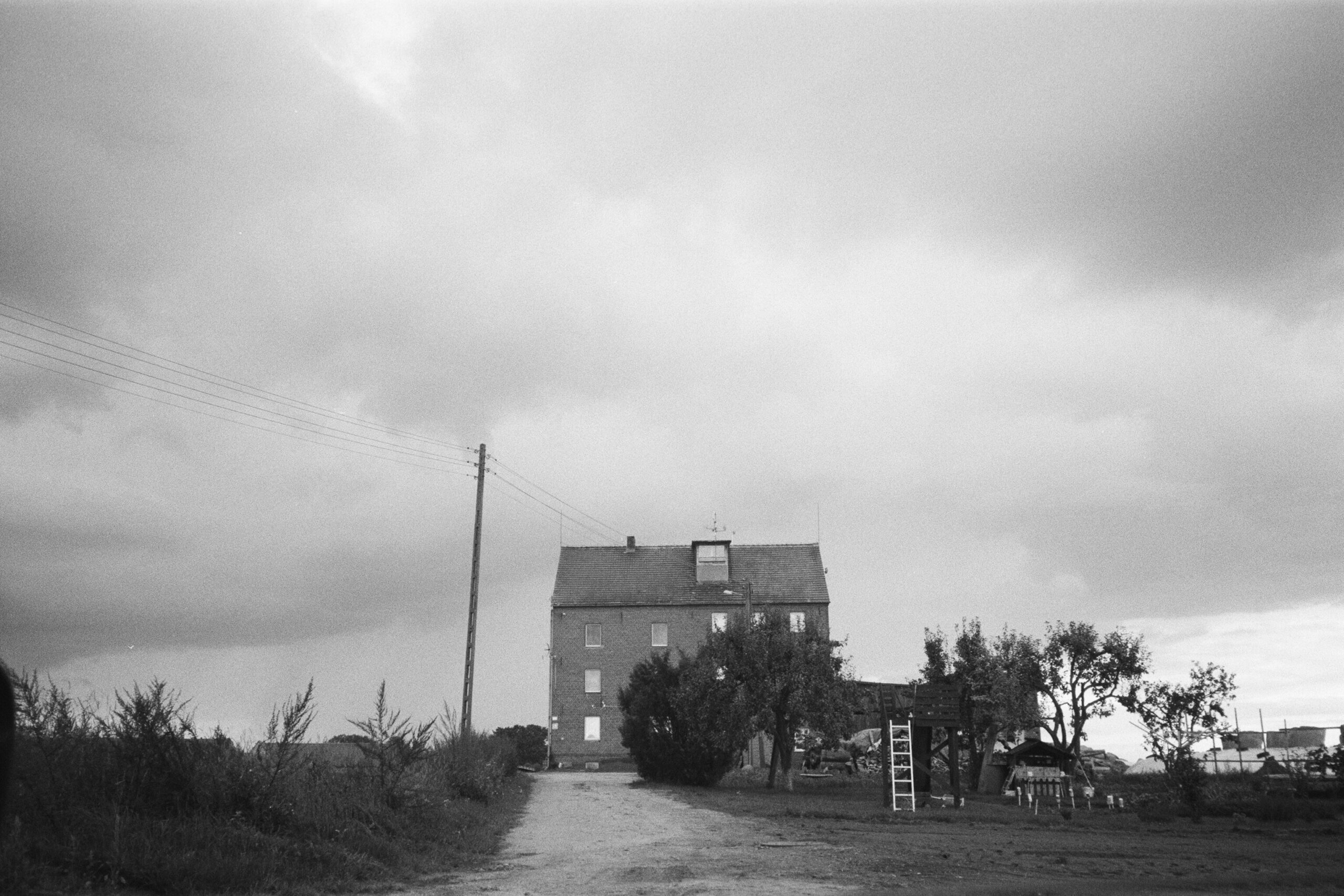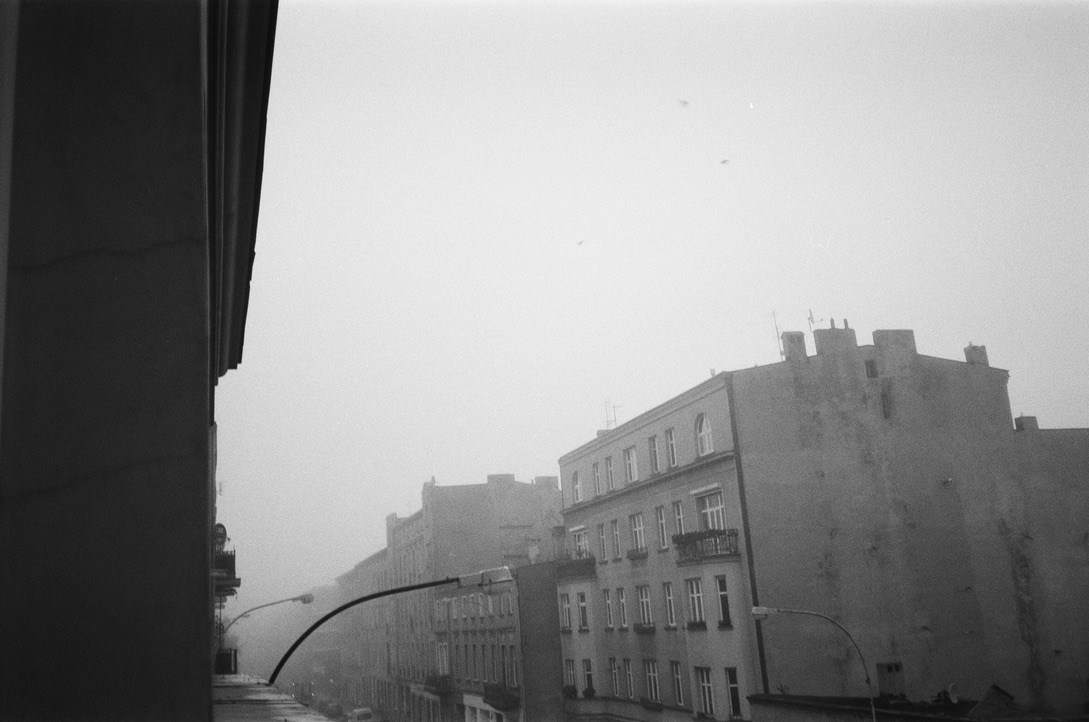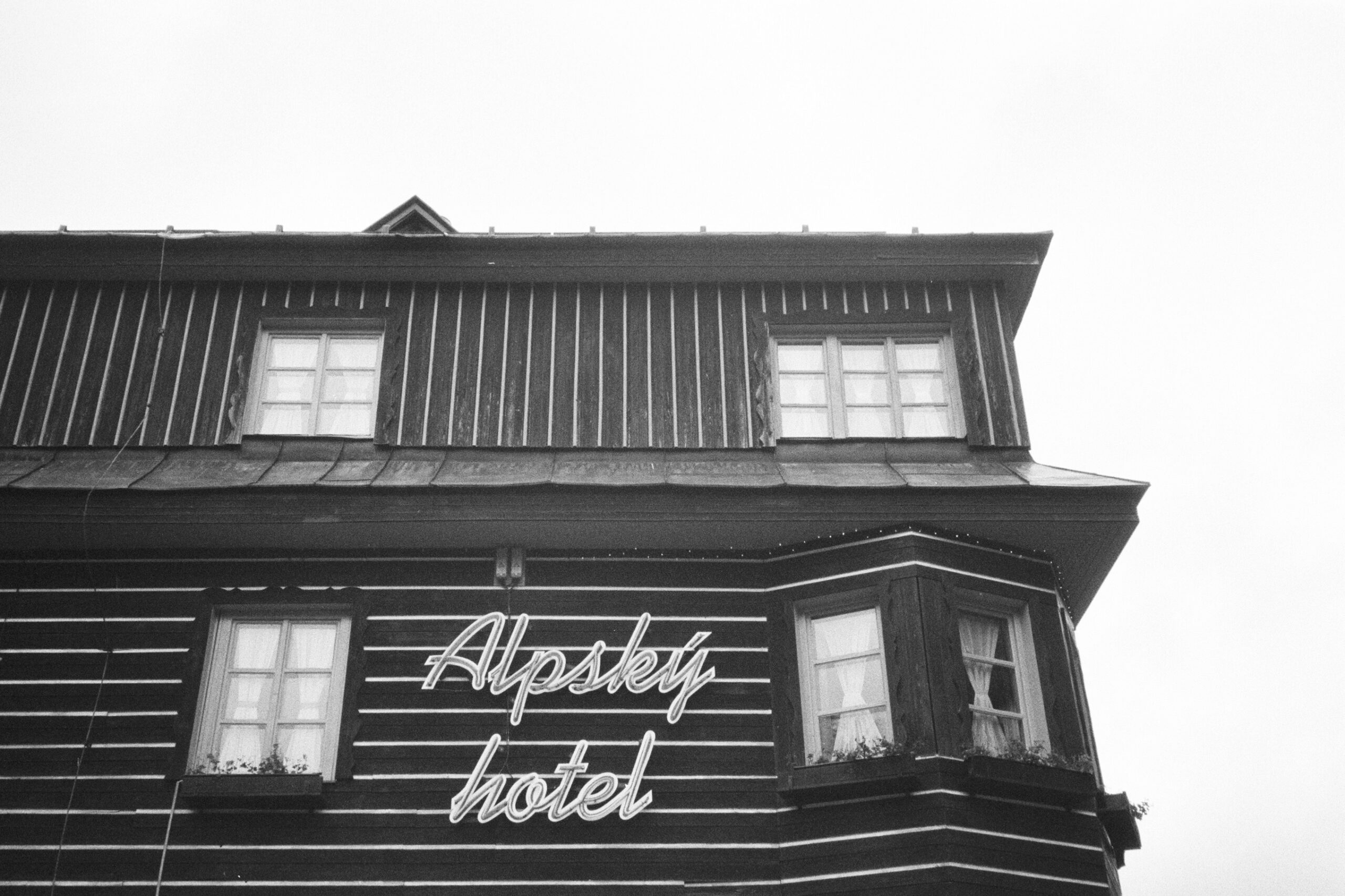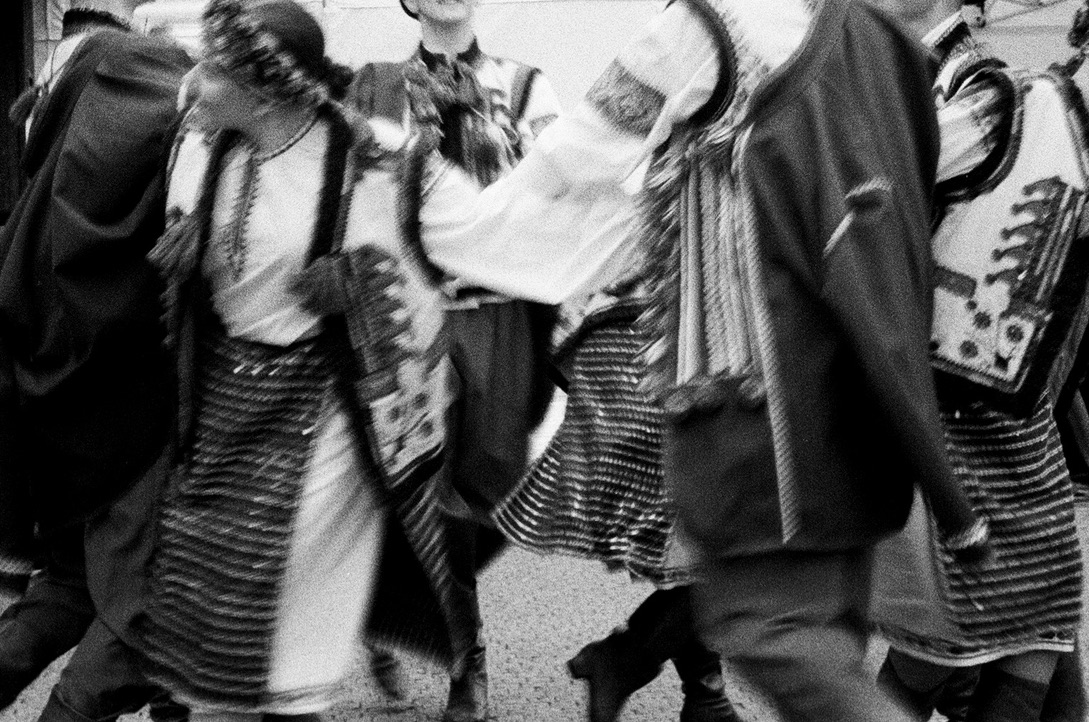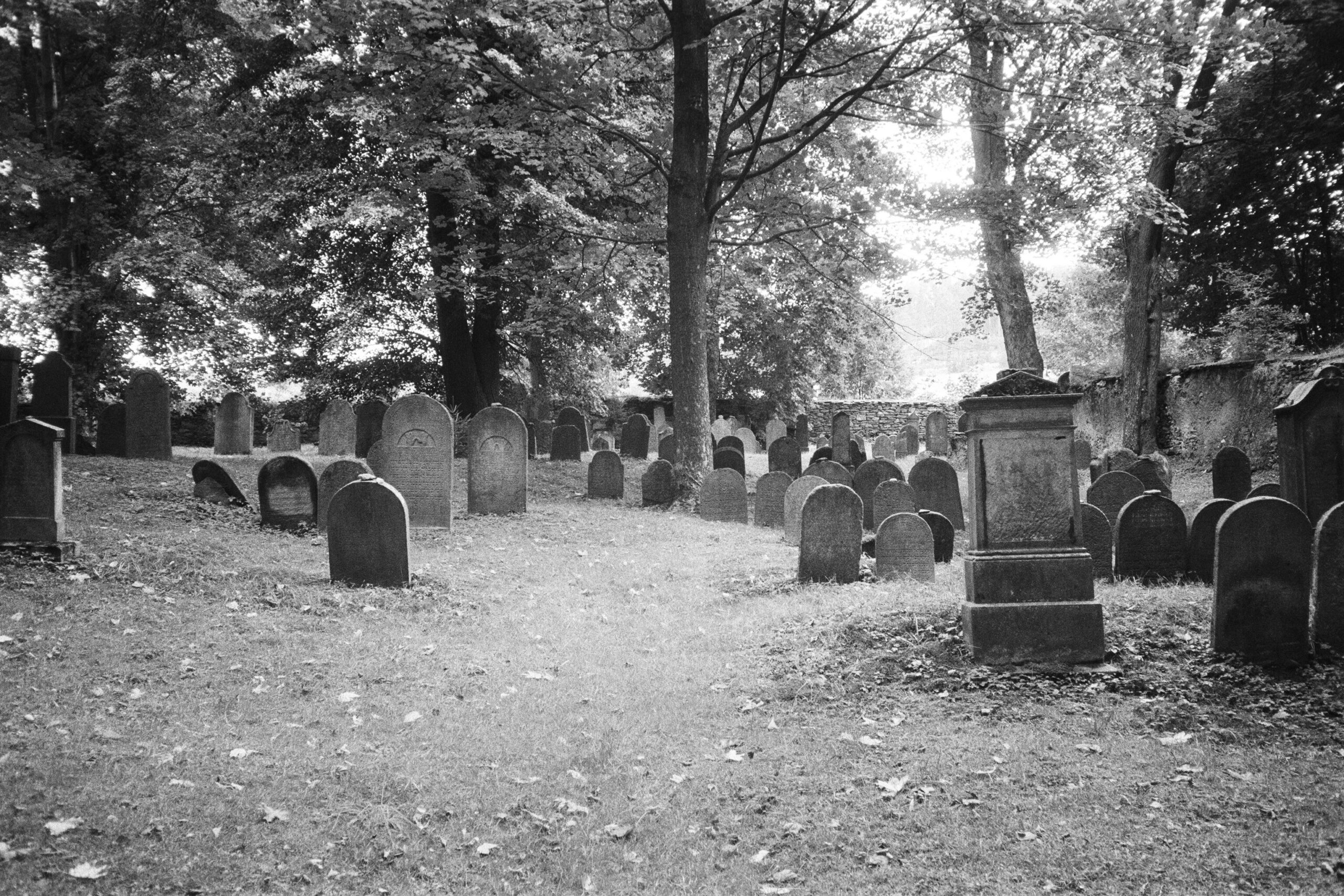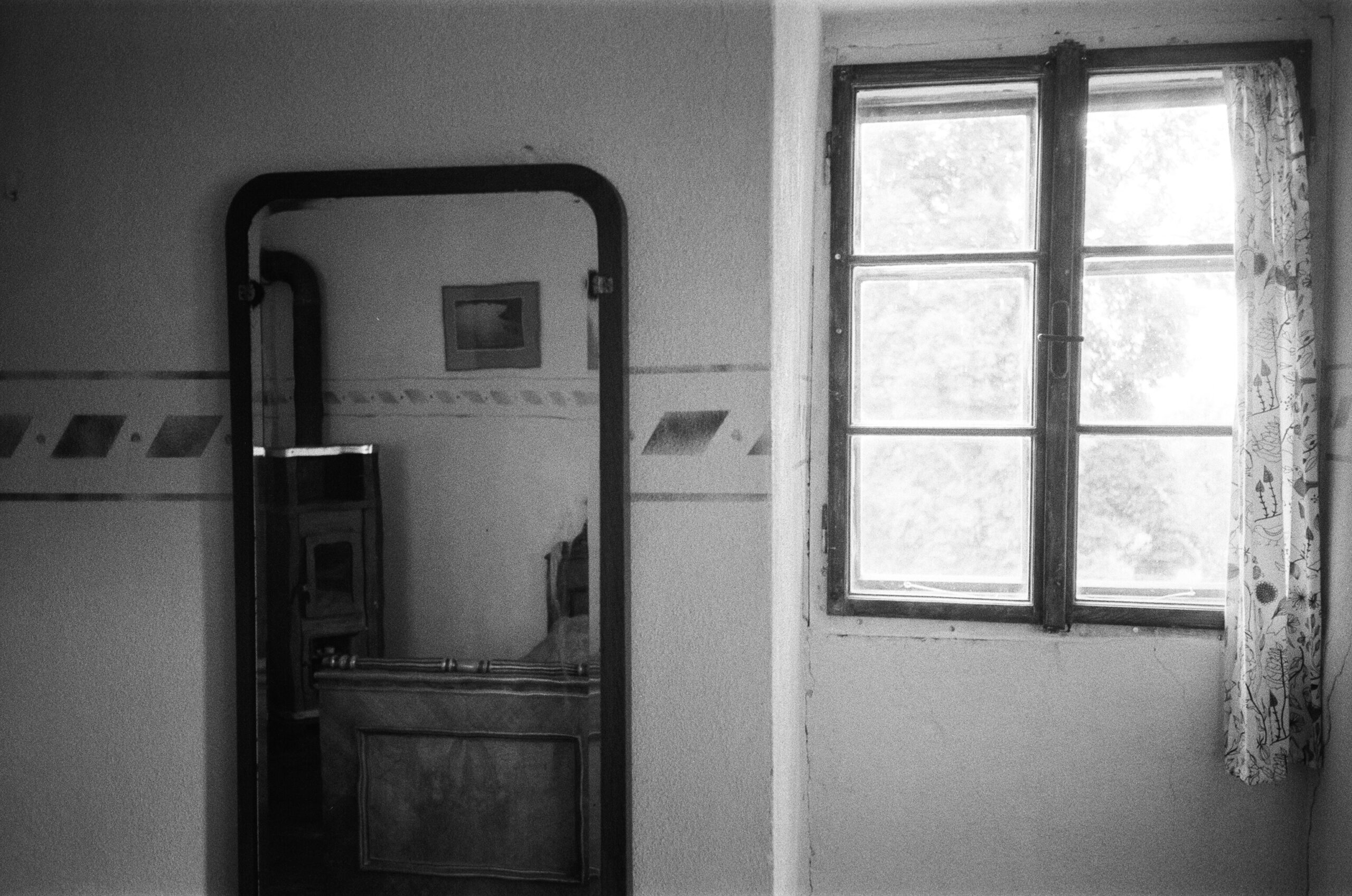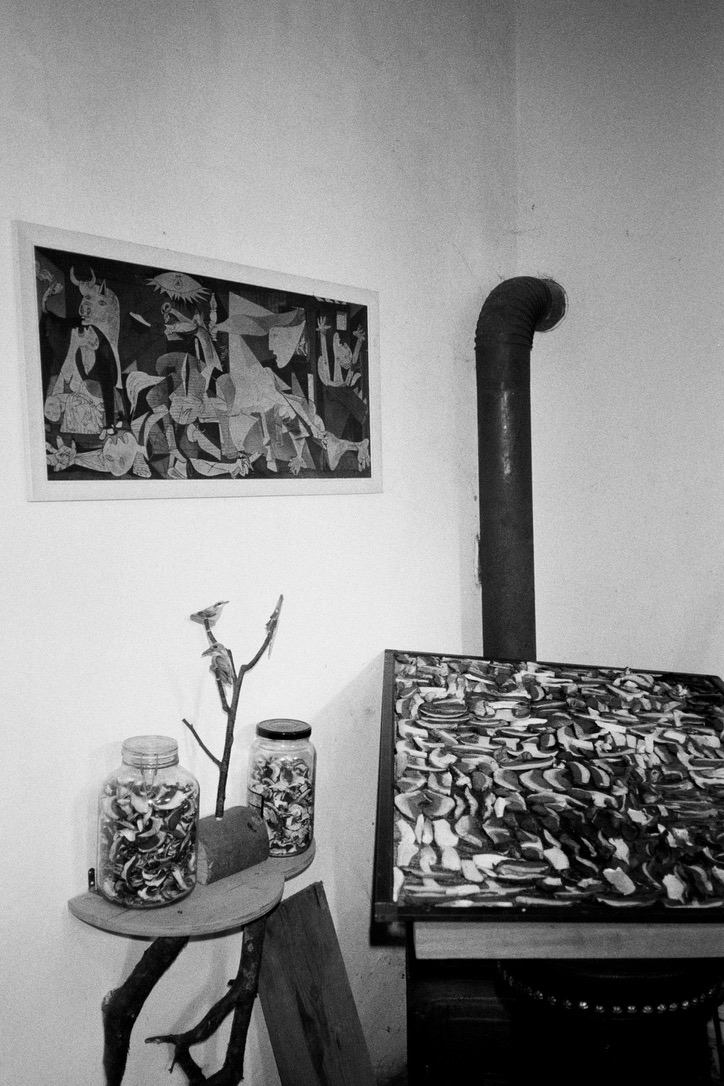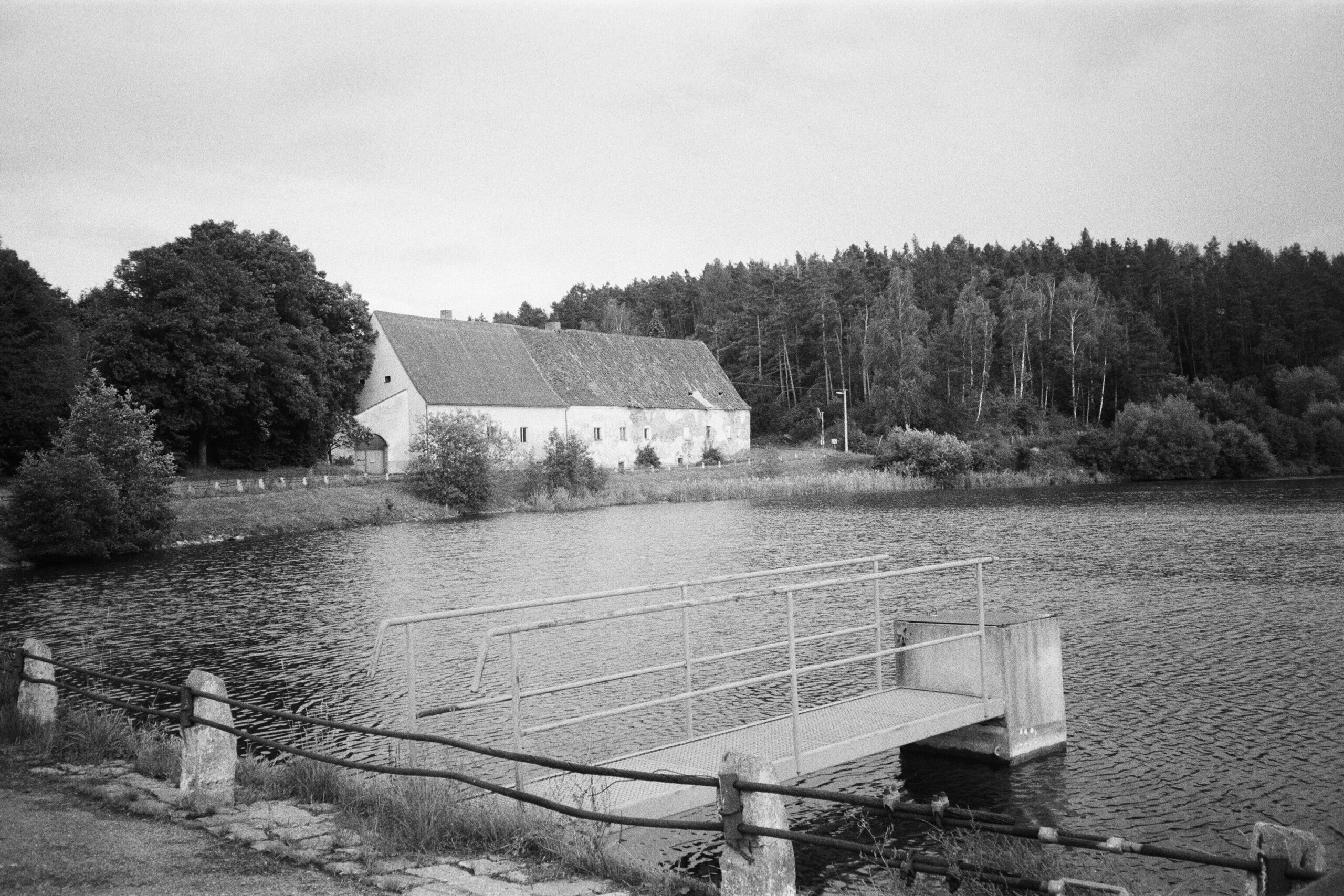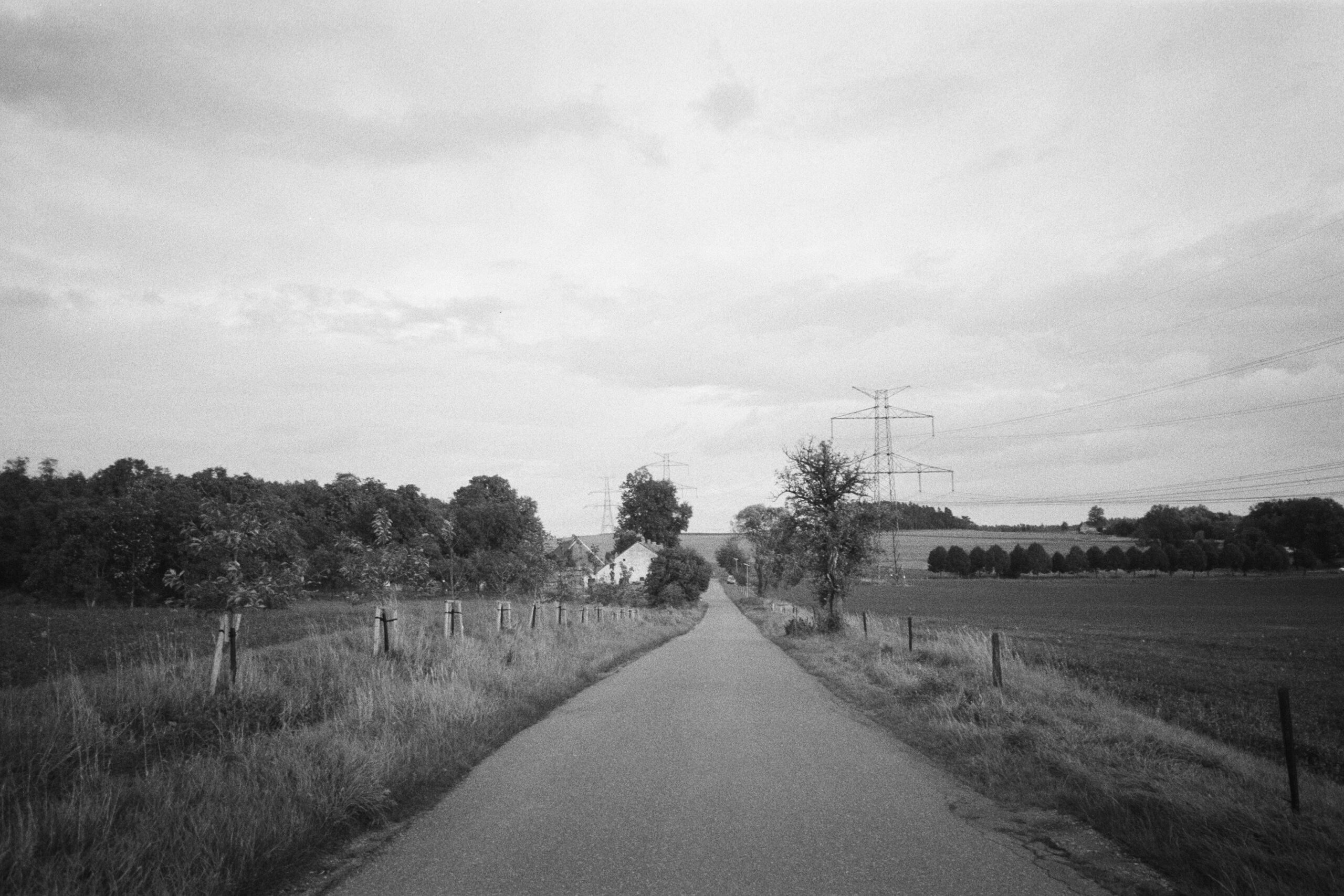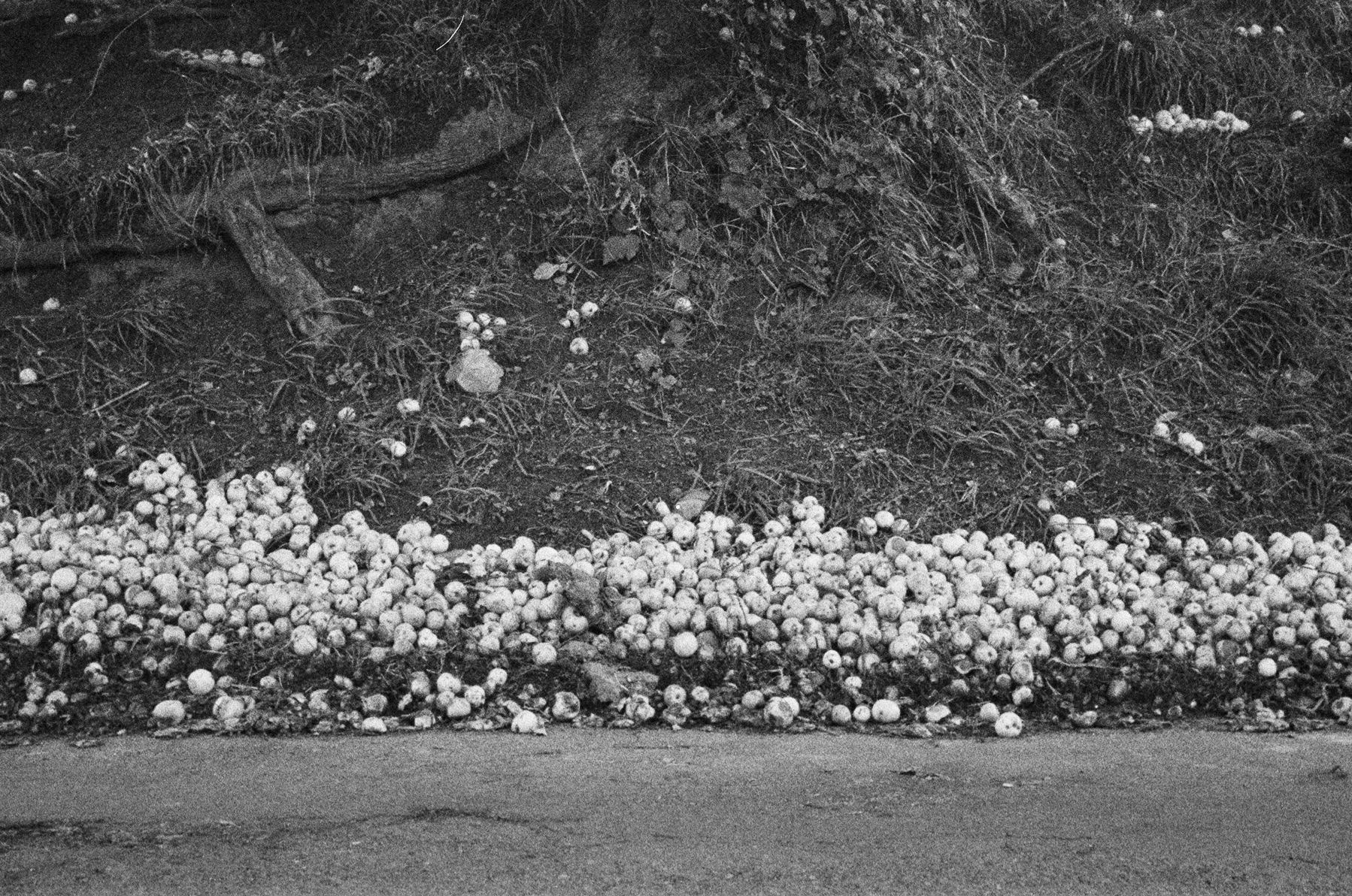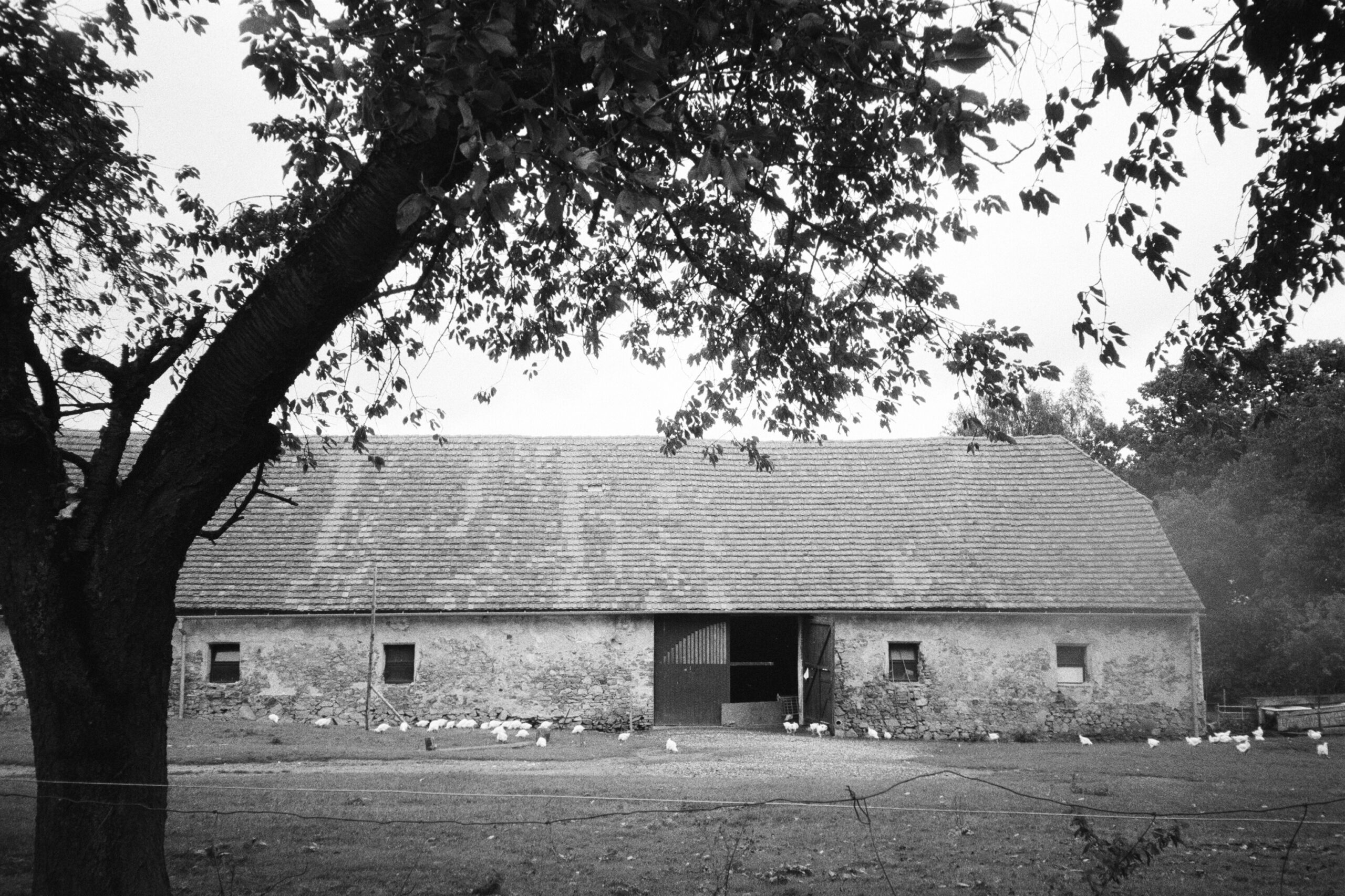In the middle of a pine forest (about an hour’s drive from Warsaw) there is a spa. My old car, covered with bird droppings from Warsaw and dust from the road sticks out like a sore thumb among rows of polished luxury cars. A woman in an ill-fitting suit greets me at the reception. Her name tag is upside down, I cannot read it.
We have a lot of guests at the moment, she says. Is the economy room okay for you, madam? The economy room is just fine. Wobbling on patent heels, she leads me to the end of the hall. The lights are dimmable, pillows look plump enough to break your neck. A housecoat and a swimming cap are laid out on the bed, along with a collection of little soaps. Dinner is served until nine, she tells me. The pool closes at eleven. Have a wonderful stay, she says, then slams the door.
I am the only person in the dining room. The one solitary waitress gets up from a chair in the back and smiles. I order, and she disappears behind a door in the back where I see a solitary cook. She appears half an hour later with my meal: rabbit with roasted pumpkin, squash, and potatoes which I eat with a thin white wine from Hungary. It is one of the best meals of my life.
Everywhere in the spa, at all times, jazz is playing. After dinner I go to the pool. There I am also alone. The jazz is there too, I can even hear it when my head is underwater.
